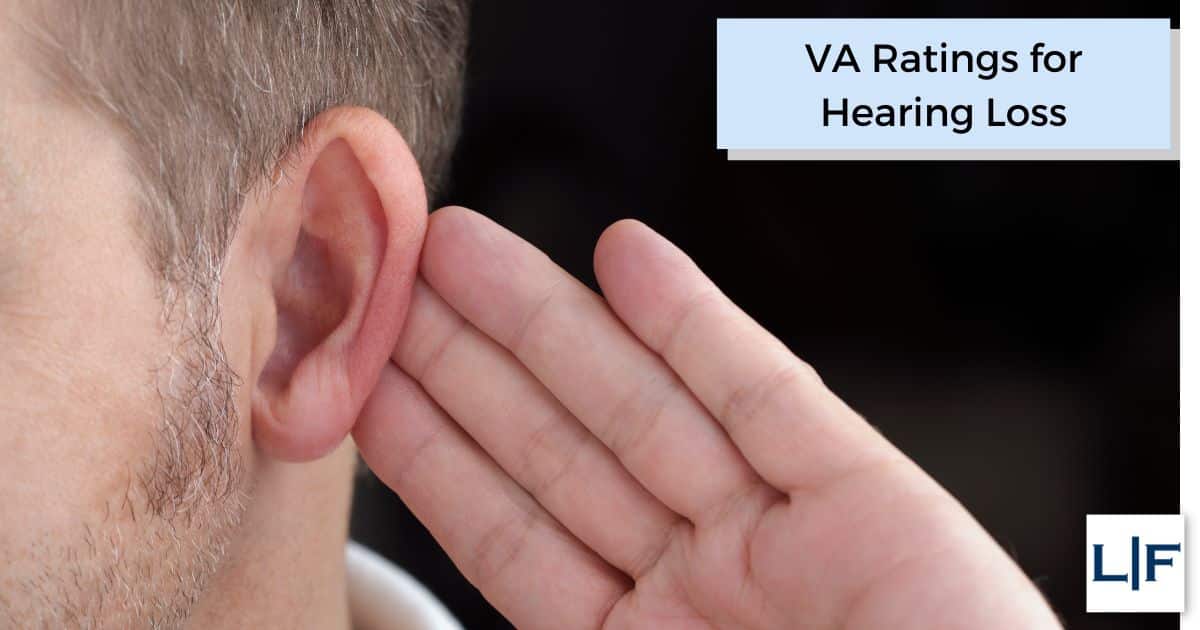Veterans with Hearing Loss
Many veterans are among the 30 million Americans with some form of loss of hearing, largely because these individuals are at risk for both trauma-induced hearing loss (being too close to an explosion) and chronic loss (working in an aircraft hangar). In fact, hearing loss is the top combat injury in the ongoing Global War on Terrorism.
In many cases, devices like hearing aids can either completely alleviate this problem or at least reduce it into the mild or moderate categories. But that is not always the case, especially in situation that involve trauma injuries, because in many instances, physical components of the inner ear are permanently damaged and it is almost impossible to correct them surgically.
VA Benefits and Hearing Loss
To obtain Veterans Administration cash benefits for service-related hearing loss, applicants must establish a connection between their service and their medical conditions. The preliminary requirements are:
- Current hearing loss diagnosis, preferably from a treating physician,
- Evidence of a service-related event that caused the hearing loss, and
- A doctor’s opinion that links the two, preferably from a treating physician.
Qualifying diagnoses must contain either the Maryland CNC test that measure the ability to recognize speech patterns or a puretone audiometric examination that measures the precise level of hearing loss. Tinnitus (ringing or buzzing in the ears) and general hearing loss are the most common conditions in this area.
These claims are easier to establish if the applicant is rather young, because the connection to the service-related incident is more apparent. However, older applicants may also be eligible, because hearing loss is a degenerative condition and many veterans do not ask for help until their medical situations become almost untenable. Generally, since hearing loss is degenerative, applicants are re-evaluated annually.
Typically, the VA rates hearing loss at a 10 percent impairment, although higher levels are common in many cases. Tinnitus is an automatic 10 percent impairment, even if the condition is in both ears. However, if the applicant suffers from both hearing loss and tinnitus, the applicant is entitled to two ratings.
Applicants who are entirely deaf in both ears are usually eligible for additional special compensation.
Maximum Rating for Hearing Loss
The maximum rating for hearing loss is 100%. Ratings are assigned by the degree of hearing loss as demonstrated by two hearing tests – a controlled speech discrimination test and a puretone audiometry test. It is important to note that the rating assigned is based on the combined results for both ears and only one rating is assigned even if your hearing is impaired in both ears.
Count On Experienced Attorneys
Service-related hearing loss is one of the most common service injuries. For a free consultation with an experienced veterans lawyer, contact Lunn & Forro, PLLC. After hours and video consultations are available.







